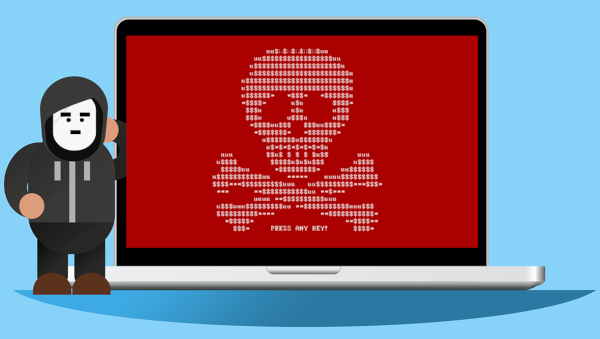
“Your computer has a virus.” Such a dreaded phrase!! With a “human” virus we can feel awful and miss work but when a virus hits our computers, we can lose valuable information and be vulnerable to attack.
Perhaps you have an antivirus product installed on your computer. This security software is intended to prevent, detect and remove malware and viruses. They should also detect and delete any viruses that may already be on the computer when the software is installed.
The software provides protection by tracking malicious code and other computer threats via:
- classifying the actions the file or code drives (as malicious or good);
- inspecting file signatures for matches to an existing signature in its virus dictionary;
- scanning for rootkits that can change how your operating system functions.
However, antivirus software isn’t that good at cleaning up. When it detects a malicious file, it will delete it. But what if the virus spread before discovery? If the infection spreads before it is deleted, it can do all sorts of damage. Also a lot of the latest viruses also download and install other types of malware, so you program may detect one infection but miss another.
Think of it this way: you have a cyst on your knee. Doctors decide it is pre-cancerous and operate to remove the cyst before it spreads. But, that’s all they do. They have seen the cyst and thus they remove the cyst. However, they don’t notice the cancer that is in your shin, because they were only working on the cyst. The rest of your leg remains unhealthy and you and they don’t even know it!
Getting a Second Opinion on Viruses
If the security software is your primary physician, a computer professional is the specialist you go to for an expert second opinion. As stated above, antivirus software doesn’t always remove all the malicious files. Many viruses start as one thing but can mutate into several different strains. Your antivirus software may not be programmed to identify all of the virus variants. A professional actively looks for undetected malware on your computer.
Viruses are always evolving. A recent strain of malware, SquirtDanger, let hackers take computer screenshots, capture your passwords, download files and empty out cryptocurrency wallets.
Some malware can even change the settings on your computer. For example, a common virus changes your computer’s DNS, which is like a bit like the White Pages for the internet. On a virus-free computer, when you type in “Google.com”, your browser goes to Google’s servers located at the IP address “216.58.196.131” (Note: this can vary depending on your location). However, an infection can make Google.com on your computer go to a different address like for example an address cybercriminals use to capture your personal data. It still looks like Google, but it is no longer safe and can’t be trusted. These settings still remain after the infection is long gone.
Malware can also leave behind browser toolbars, extensions and other nasties designed to spy on your Web browsing habits. If you are consistently redirected to unwanted sites or see unwanted pop-up advertisements, it is likely your computer is infected with a browser hijacker.
Ultimately, if you detect a virus on your computer, check with a professional. Don’t trust that your antivirus software is going to completely remove it. Sometimes your computer isn’t fully safe until the operating system is reinstalled, but you can’t know that until a professional goes in to see what the virus did and what remnants are still remaining.
Cybercriminals are growing more sophisticated and better able to design malware that disguise themselves. Avoid being an unwitting victim. A computer security expert can diagnose when your computer gets a virus or determine if there are strains or remnants on your device you don’t know about. Let a security expert protect your computer from harm today!
Contact us today on 08 83264364 or
su*****@dp*********.au
to give your computer a proper clean and help you reduced the risk of getting infected in the first place.
